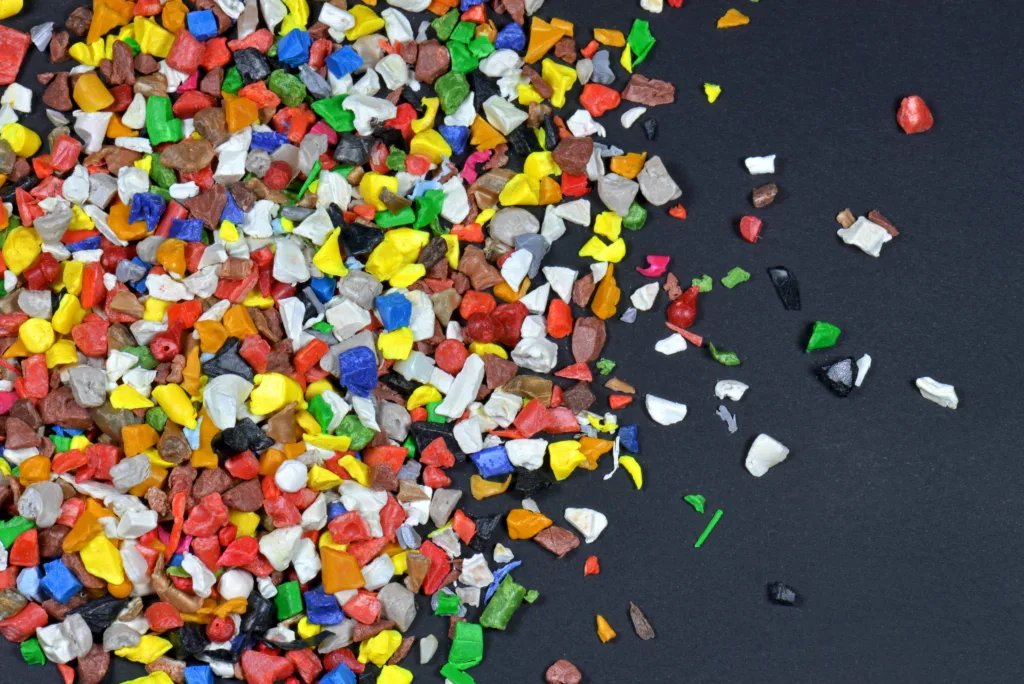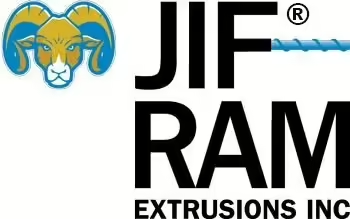Regrind Materials: A Sustainable and Cost-Effective Choice for Custom Plastic Extrusions

Understanding Regrind Materials in Plastic Extrusion
In today’s manufacturing landscape, sustainability is more important than ever. One way manufacturers are reducing waste and optimizing costs is through the use of regrind materials in custom plastic extrusions. Regrind, also known as recycled plastic, refers to post-industrial or post-consumer plastic, that is processed and reused in new extrusion projects. This eco-friendly approach not only supports sustainability initiatives but also provides a cost-effective alternative without compromising performance.
The Benefits of Regrind Materials in Plastic Extrusions
✔ Sustainability & Waste Reduction
By incorporating regrind into plastic extrusions, manufacturers help divert plastic waste from landfills and reduce environmental impact. This process supports circular economy initiatives and promotes responsible resource management.
✔ Cost Savings
Virgin plastic materials can be expensive. Using regrind allows companies to lower raw material costs while maintaining high-quality extrusion performance. This makes it an attractive option for businesses looking to improve cost efficiency.
✔ Consistent Quality & Performance
Many manufacturers carefully source and process regrind materials to ensure consistency in quality. When properly blended, regrind can perform similarly to virgin materials, meeting stringent specifications for strength, durability, and flexibility.
✔ Customization & Versatility
Regrind materials are available in a variety of materials, including Polyvinyl Chloride (RPVC & FPVC) and Thermoplastics (ABS, HIPS, PE, PP) making them suitable for a wide range of custom extrusion applications. Whether used for industrial components, construction materials, or consumer products, regrind provides a sustainable and versatile solution.
Considerations When Using Regrind in Plastic Extrusions
While regrind offers many advantages, there are some key factors to consider:
- Application Requirements: Some industries have strict regulations that limit the use of recycled materials. Understanding application needs is crucial when selecting regrind percentages.
- Material Consistency: Variations in the source of regrind can impact color, texture, and mechanical properties. Partnering with an experienced extruder ensures reliable material sourcing.
- Performance Testing: In applications requiring high strength and durability, testing regrind blends alongside virgin materials can help determine optimal performance levels.
Jifram’s Commitment to Sustainable Extrusion Solutions
At Jifram Custom Extrusions, we recognize the growing demand for sustainable manufacturing solutions. Our expertise in working with regrind materials allows us to offer high-quality, eco-friendly extrusions that meet industry standards while helping our customers achieve their sustainability goals.If you’re looking for a cost-effective, environmentally responsible approach to plastic extrusion, contact Jifram today to discuss how regrind materials can work for your project!
